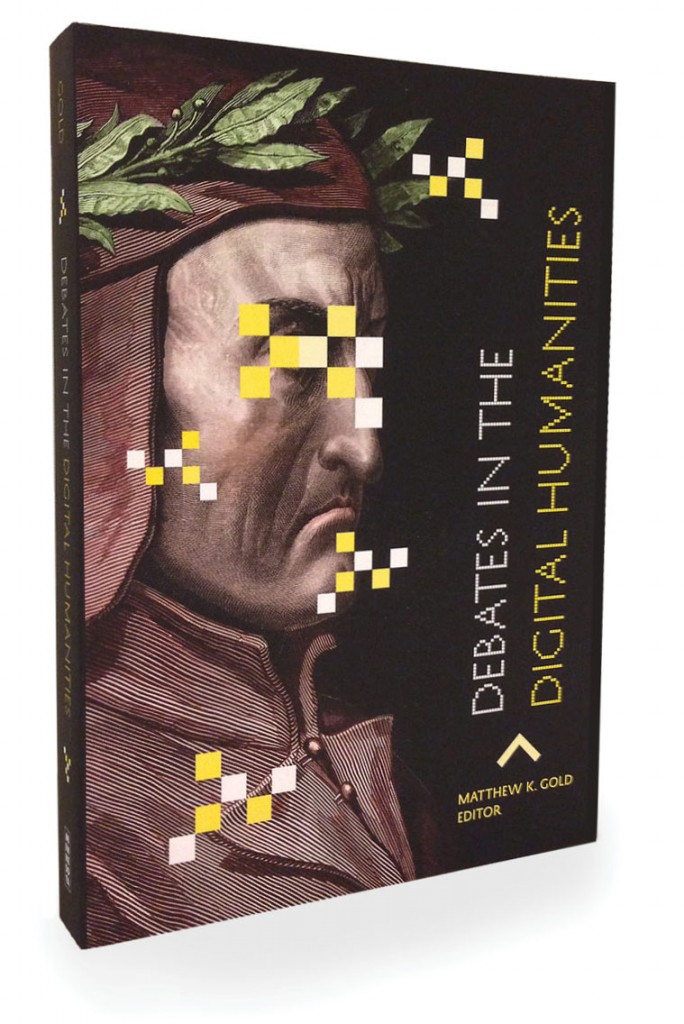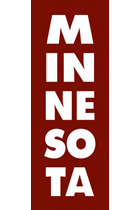 Editors Matthew K. Gold of CUNY and Lauren Klein of Georgia Tech are seeking papers for their book series Debates in the Digital Humanities, published by the University of Minnesota Press. The book series is intended to anthologize the best new work in the Digital Humanities each year.
Editors Matthew K. Gold of CUNY and Lauren Klein of Georgia Tech are seeking papers for their book series Debates in the Digital Humanities, published by the University of Minnesota Press. The book series is intended to anthologize the best new work in the Digital Humanities each year.
“Submissions should take an argumentative stance, advocating clearly and explicitly from a particular point of view.”
If you wish to submit a paper, please send a 300-word abstract to series editor, Matthew K. Gold and associate editor, Lauren Klein no later than November 2, 2015. Collaborative work is welcome.
Possible Topics:
 “The maturation of DH. A full decade after the field’s (re)naming, how might we think about the impact of the field? What are the underlying assumptions of current DH work, and how can they be productively challenged and re-examined?
“The maturation of DH. A full decade after the field’s (re)naming, how might we think about the impact of the field? What are the underlying assumptions of current DH work, and how can they be productively challenged and re-examined?- Assessing the impact of specific tools and methods. What research results have various DH tools produced? What kinds of inquiries have they helped make possible, and what kinds of difficulties, complications, or complexities are involved in using them?
- DH and its critics. What is the relationship of the field and its critics, either intellectual or institutional? Which issues have been remedied, and which issues remain unaddressed?
- DH, diversity, and difference. How should DH account for diversity and difference–in terms of race, gender, ability, and other areas–across the communities that it sustains, the audiences it addresses, and the projects it supports?
- Who does DH labor? How can the increasingly nuanced conversation surrounding digital labor inform our understanding of the labor involved in doing DH? How might it facilitate the reformation of older practices or the creation of new ones?
- DH and activism. How might DH contribute to the analysis of current events that have placed issues of social justice on the national and international stage?
- DH Pedagogy. How should the digital humanities be taught? When should or shouldn’t DH be taught? What role does DH have to play in various curricula and disciplines?
- DH, the disciplines, and allied fields. How should DH be framed in relation to other humanities disciplines and departments? How do (or might) allied fields such as STS, design, computational social science, information science, and the history of computing inform or be informed by the debates in the digital humanities?
 DH, libraries, and LIS schools. How is DH being integrated into 21st-century libraries? How should it be? To what extent should the research and teaching of DH and LIS programs be aligned?
DH, libraries, and LIS schools. How is DH being integrated into 21st-century libraries? How should it be? To what extent should the research and teaching of DH and LIS programs be aligned?- DH and institutional contexts–what does DH look like at different educational levels and in institutional types?
- What shared visions exist between DH initiatives and GLAM institutions? What institutional, political, and disciplinary divides complicate those visions?
- DH and its publics. How is DH practiced (or how should it be) when focused on publics outside the academy? What does DH look like when focused on civic advocacy and action?
- Histories and futures of the digital. How might alternate (or additional) genealogies of the field challenge existing formations of DH and suggest future possibilities?”

